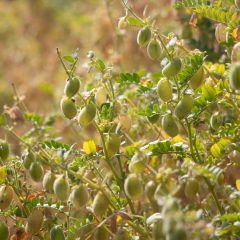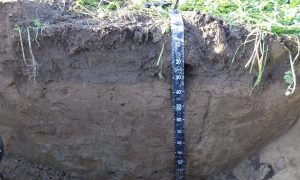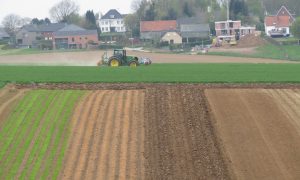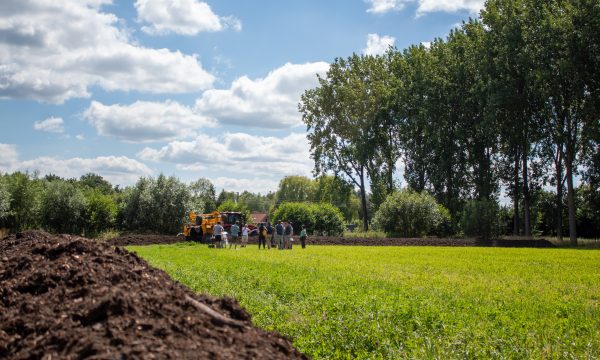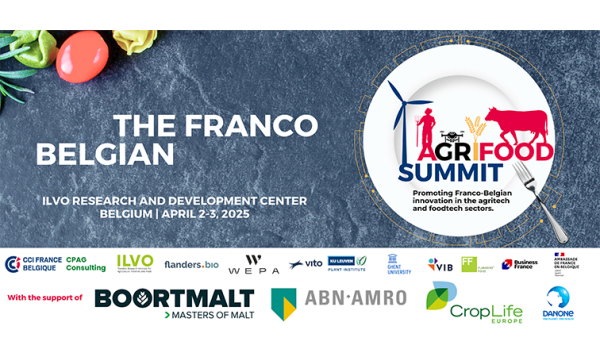Theme Healthy soil and crops
We deliberately put the soil at the heart of our research on crop production. After all, sustainable agriculture and horticulture strives for highquality production with as few inputs as possible and recognizes the importance of the soil as the most strategically important production resource. In all our research we start from a systems view of soil and crops. As a result, we know that methods to improve the quality and ecosystem functions of agricultural soils go hand in hand with efforts to keep crops healthy and cropping systems robust. We strive to minimize risks of nutrient losses, greenhouse gas emissions, and soil compaction, and maximize our efforts to close loops and store carbon.



